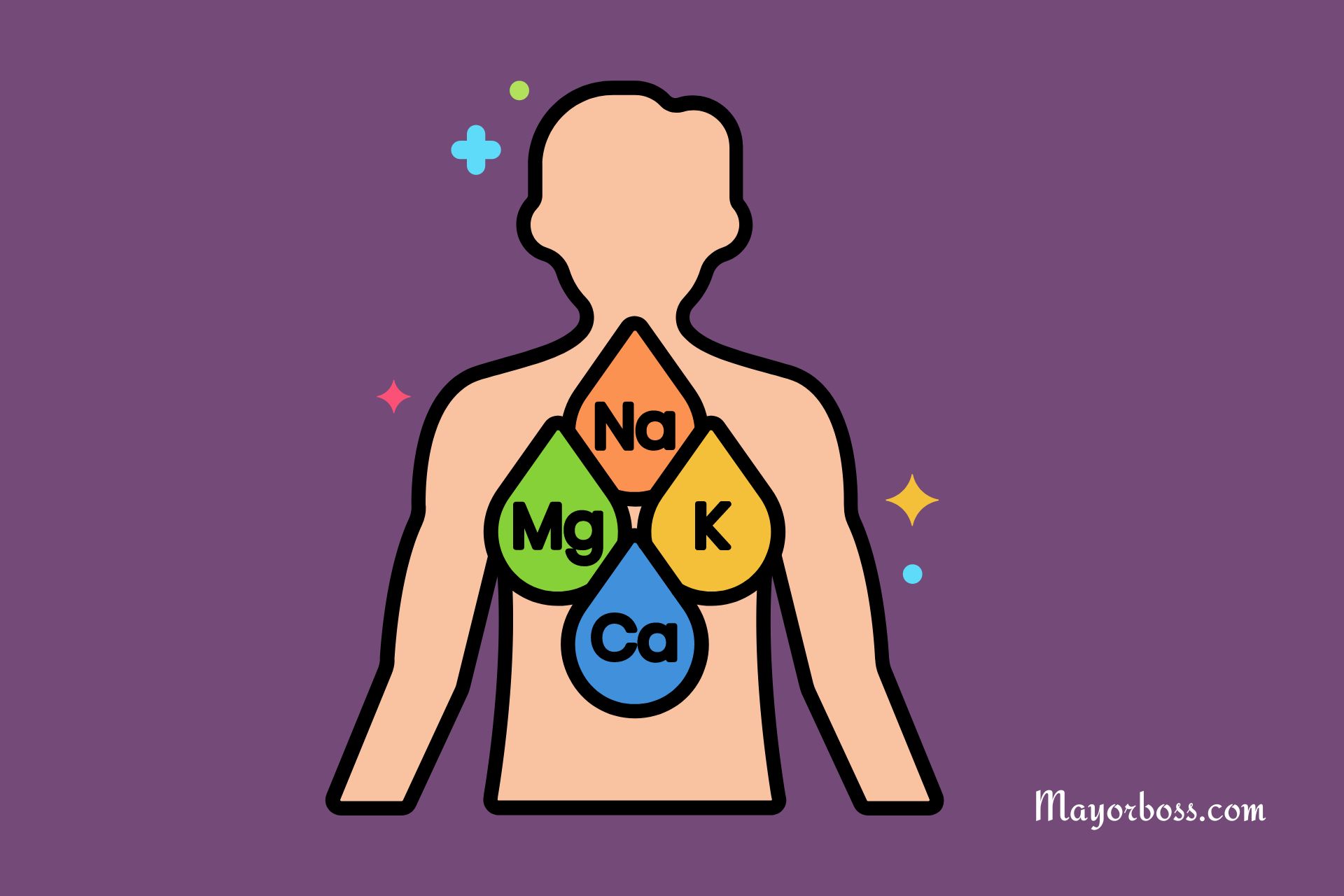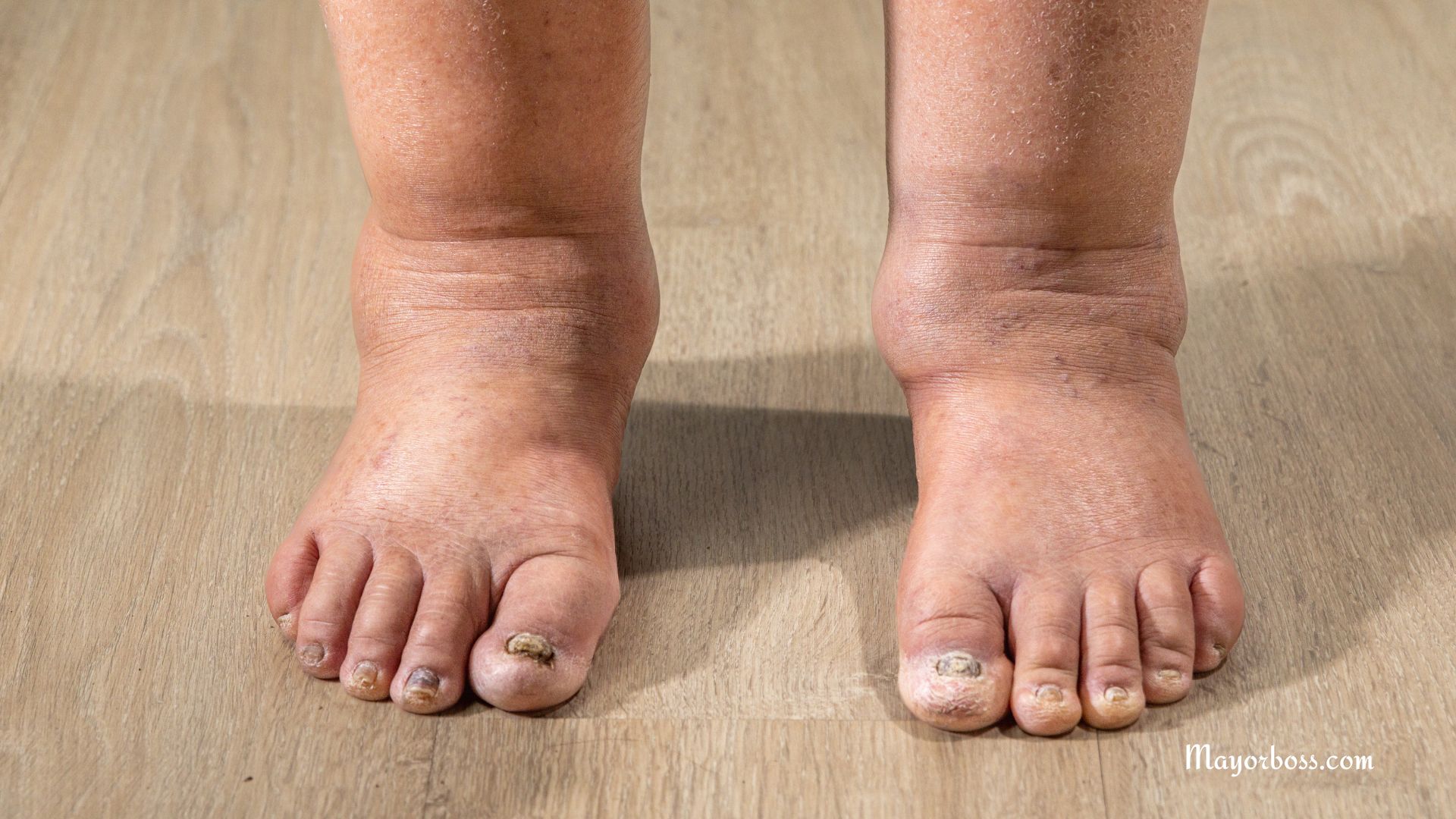What Are Electrolytes and Why Are They Important?

You might have heard people talk about electrolytes when discussing health, fitness, or hydration. But what are electrolytes, and why are they so important for your body? Keep reading to find out the basics to help you understand why these tiny particles are a big deal for keeping you healthy.
Electrolytes Are Minerals That Carry an Electric Charge
Electrolytes are minerals in your body that have an electric charge. This electric charge helps them do important jobs. The most common electrolytes are sodium, potassium, calcium, magnesium, chloride, phosphate, and bicarbonate. These minerals are found in your blood, urine, and other body fluids, and they’re super important for keeping your body working properly.
When you drink water or eat food, you give your body more electrolytes. They dissolve in your body fluids, like blood or urine, and help carry electricity, which is important for many body functions. These functions include keeping your heart beating, making your muscles move, and helping your cells communicate with each other.
Electrolytes Are Important for Hydration and Balance
One of the main jobs of electrolytes is to help keep the right balance of fluids in your body. Sodium and potassium are especially important for this. They help control how much water is inside and outside of your cells, making sure your body stays properly hydrated. Without the right balance of electrolytes, you could either keep too much water or lose too much and get dehydrated.
When you sweat during exercise or on a hot day, you lose water and electrolytes. That’s why it’s important to replace them, especially if you’re sweating a lot. If you don’t replace the lost electrolytes, you might start to feel tired, dizzy, or even get muscle cramps because your body needs electrolytes to maintain fluid balance and muscle function. Sports drinks can help replace lost electrolytes, but natural options like coconut water or a pinch of salt in your water can also work well.
Electrolytes Help Your Muscles and Nerves Work Properly
Electrolytes are also important for your muscles and nerves because they help them work correctly. Calcium, potassium, and sodium work together to help your muscles contract and relax. This is why low electrolyte levels can cause muscle cramps or weakness. Imagine trying to run or do your daily activities without your muscles working properly—it wouldn’t be fun!
Electrolytes also help your nerves send signals between cells. Your nervous system is like the electrical wiring of your body, and it needs electrolytes to send messages. For example, when you touch something hot, the signal travels quickly from your hand to your brain to tell you to move away. Without enough electrolytes, these signals might not work right.
Electrolytes Help Keep Your pH Balanced
Another important job of electrolytes is to help control your body’s pH level, keeping it in a healthy range. Your body is always balancing acids and bases, and electrolytes like bicarbonate help keep this balance. If your pH level gets too high or too low, it can affect how your organs work. Having the right amount of electrolytes keeps everything working properly.
Electrolyte Imbalance Can Cause Health Problems
If your body has too much or too little of a certain electrolyte, it can lead to health problems. This is called an electrolyte imbalance. It can cause symptoms like headaches, tiredness, muscle spasms, and even an irregular heartbeat. For example, if you don’t have enough sodium (a condition called hyponatremia), it can be very dangerous, and low potassium levels can affect your heart.
Many things can cause an electrolyte imbalance, like dehydration, sweating too much, certain medications, or illnesses that affect your kidneys. It’s important to eat well and stay hydrated to keep your electrolyte levels balanced.
How to Get Electrolytes Naturally
The good news is you don’t always need fancy supplements to keep your electrolytes balanced. A healthy diet can provide all the electrolytes your body needs. Eating a healthy diet with a variety of fruits, vegetables, and proteins can give you the electrolytes you need. Here are some natural sources of key electrolytes:
- Sodium: Table salt, canned soups, and processed foods (but be careful not to eat too much).
- Potassium: Bananas, oranges, potatoes, and spinach.
- Calcium: Milk, yogurt, leafy greens, and almonds.
- Magnesium: Nuts, seeds, whole grains, and dark chocolate.
Staying hydrated is also very important. If you’re working out or spending time in the heat, drinking water with a little bit of salt or sipping on coconut water can help replace lost electrolytes without the extra sugar in many sports drinks.
The Bottom Line: Electrolytes Are Important for Your Health
Electrolytes might sound like something from a science experiment, but they’re a natural and essential part of your body. They help your muscles move, keep your heart beating, and make sure you stay hydrated and healthy. Whether you’re an athlete, a student, or just trying to stay healthy, keeping your electrolytes balanced is important.
Make sure you’re getting enough electrolytes through food and drinks, especially if you’re sweating a lot or feeling tired. With proper hydration and nutrition, your body will have what it needs to keep running smoothly.






